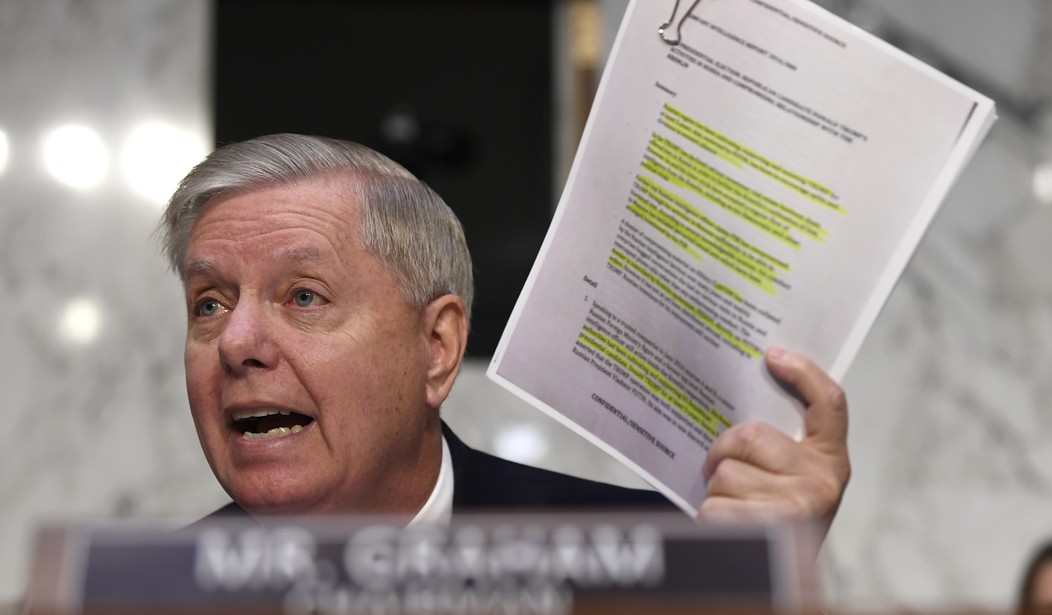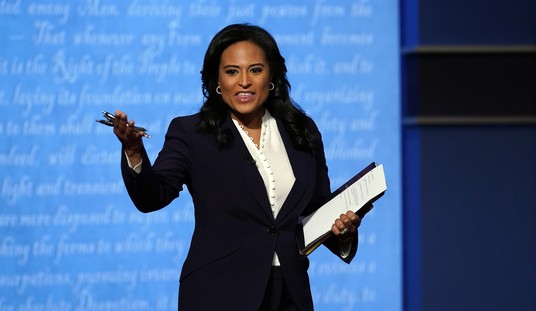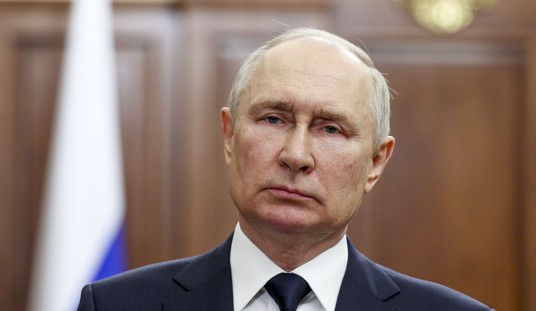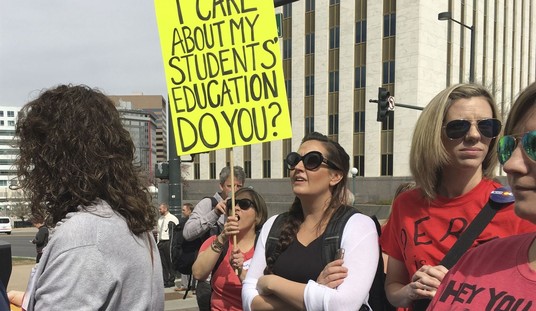Senator Lindsey Graham (R-SC) will have to testify before a special grand jury in Georgia later this month. A week ago, Supreme Court Justice Clarence Thomas temporarily blocked the grand jury from compelling Graham to testify while the Supreme Court considered Graham’s claim of congressional immunity. The Court considered Graham’s claim and ruled against him by lifting the temporary block. There was no noted dissent on the brief order.
What the brief unsigned order did do was leave in place a ruling from the U.S. Court of Appeals for the 11th Circuit that allows the grand jury to proceed with limited questioning of the senator. A three judge panel of the 11th Circuit U.S. Court of Appeals ruled that Graham’s phone calls in question are not protected under the Constitution’s speech and debate clause. The phone calls are from the 2020 election.
To recap, Fulton County District Attorney Fani Willis opened an investigation last year into a phone call between Trump and Georgia Secretary of State Brad Raffensperger. That is the infamous phone call when Trump allegedly asked Raffensperger to “find” over 11,000 ballots for him so that he could win the state of Georgia. Lindsey Graham was subpoenaed by the special grand jury in Georgia in July, along with others in Trump’s inner circle and members of Trump’s legal team. Graham, who was then the chair of the Senate Judiciary Committee, argued that his actions were protected under the Constitution’s Speech and Debate clause. He said that placing the phone calls were done under the umbrella of his duties as chairman of the committee. This back and forth in court has gone on for months since Graham insists he does not have to testify. He vowed to take it all the way to the Supreme Court and he did. The Court has ruled and Graham has to testify but he can still challenge individual questions under the Speech or Debate clause. The Speech or Debate clause shields members of Congress from being questioned about their official work.
NEW: Supreme Court denies Sen. Lindsey Graham's request to stay his testimony before the Fulton County special grand jury to allow his appeal to move forward #gapol pic.twitter.com/FHDsoUTwXw
— Tamar Hallerman (@TamarHallerman) November 1, 2022
Fulton County prosecutors have said they are interested in questioning Graham about two phone calls the Trump ally placed to Georgia Secretary of State Brad Raffensperger in the weeks after the election. During those conversations, Graham discussed “reexamining certain absentee ballots cast in Georgia in order to explore the possibility of a more favorable outcome for former President Donald Trump,” according to his subpoena.
Graham is currently scheduled to appear before jurors and prosecutors on Nov. 17. He must appear at the Fulton courthouse on that date — or potentially face legal consequences, such as a warrant for his arrest so he can be taken to Atlanta to testify.
Senator Graham’s office released a statement after the ruling came down.
Graham’s office said in a statement on Tuesday that the Supreme Court “confirmed that the Constitution’s Speech or Debate Clause applies here” and affirmed the senator’s ability to challenge questions that run aground of the clause.
“The Senator’s legal team intends to engage with the District Attorney’s office on next steps to ensure respect for this constitutional immunity,” it said.
The Fulton County District Attorney’s Office declined to provide a comment.








Join the conversation as a VIP Member